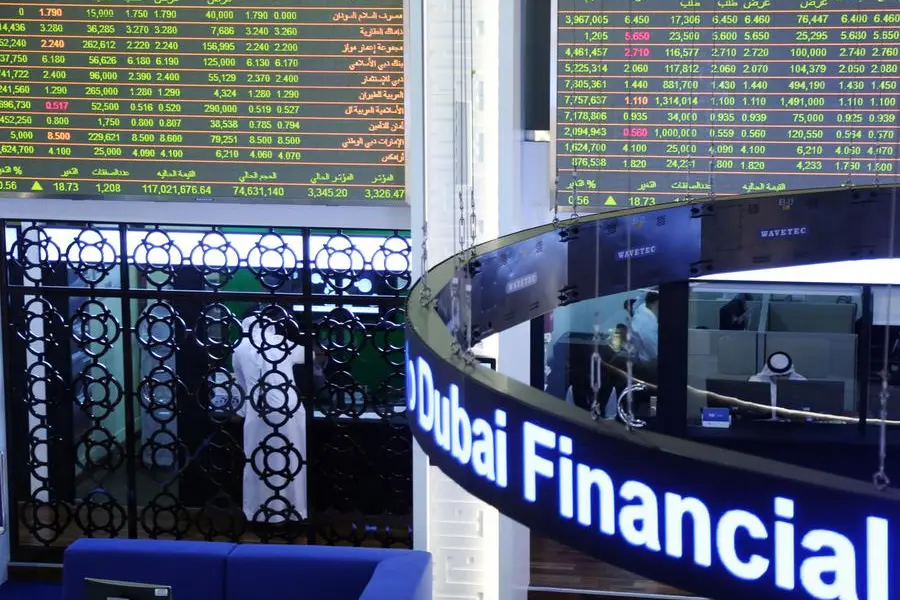Global equity markets closed 2024 on a positive note, achieving their second consecutive year of robust gains driven by broad-based growth across major global markets, according to a report by Kamco Invest, a Kuwait-based financial powerhouse. However, the Gulf Cooperation Council (GCC) equity markets delivered only modest gains, marking one of the smallest annual increases globally.
The MSCI GCC Index reported a marginal gain of 0.7% in 2024, reflecting a mixed performance across member countries. Dubai led the region with an impressive 27.1% surge, followed by an 8% rise in Kuwait’s Boursa. Saudi Arabia also ended the year in positive territory, posting a 0.6% gain after a volatile trading year. Oman and Bahrain saw modest increases of 1.4% and 0.7%, respectively.
These gains were partially offset by declines in Qatar and Abu Dhabi, which fell by 2.4% and 1.7%, respectively. The underperformance of GCC markets compared to global indices was attributed to region-specific challenges and broader global developments such as interest rate hikes, inflation concerns, and geopolitical tensions.
Regional and Global Influences
Key regional events, including the ongoing conflict in Gaza, political changes in Syria, and Red Sea attacks, disrupted trade flows and impacted investor sentiment. Despite these challenges, the GCC region maintained stability in non-oil sectors, supported by a robust project pipeline valued at $3.5 trillion.
Foreign investors were net buyers of GCC stocks in 2024, contrasting with net selling trends in other emerging markets globally.
Globally, equity markets in developed economies, including the US, Germany, Japan, and Hong Kong, experienced double-digit gains. However, these were partially offset by declines in emerging markets such as Brazil, Mexico, and South Korea. Asian markets, including India and China, posted mid-single-digit growth, while the European aggregate index delivered a similar performance.
External Pressures and Resilience
The ongoing Russia-Ukraine conflict continued to weigh on global markets, resulting in sustained sanctions on Russia. Sluggish growth in the eurozone and a slowing Chinese economy also posed challenges. Nevertheless, measures introduced by China towards the end of the year supported market stabilization.
Despite underperforming on a global scale, the GCC markets demonstrated resilience amidst regional and international uncertainties, bolstered by foreign investor confidence and the region’s ongoing economic diversification efforts. Looking ahead, the GCC’s focus on non-oil growth and large-scale infrastructure projects is expected to sustain its economic momentum.






